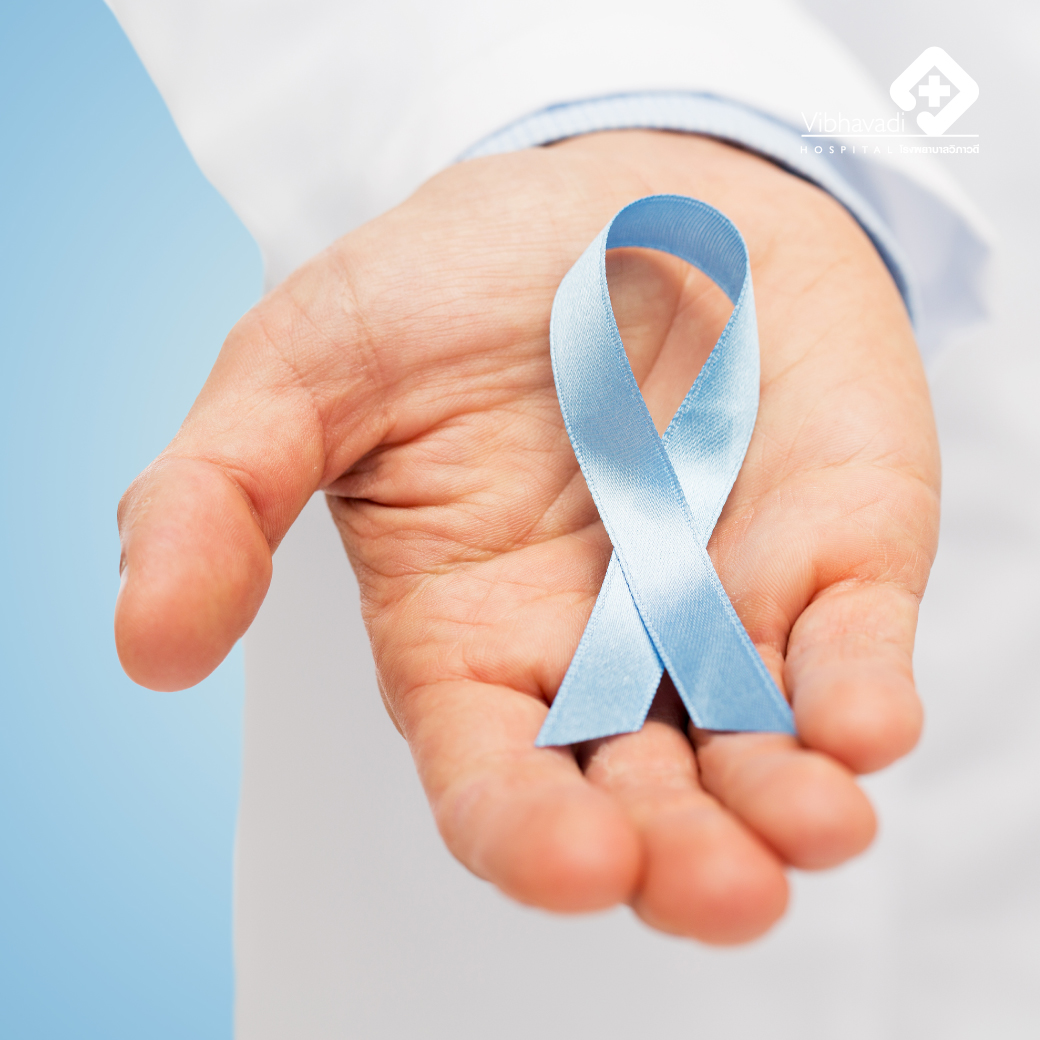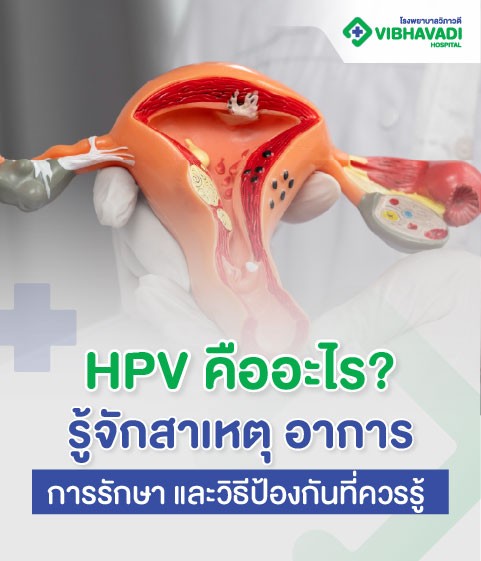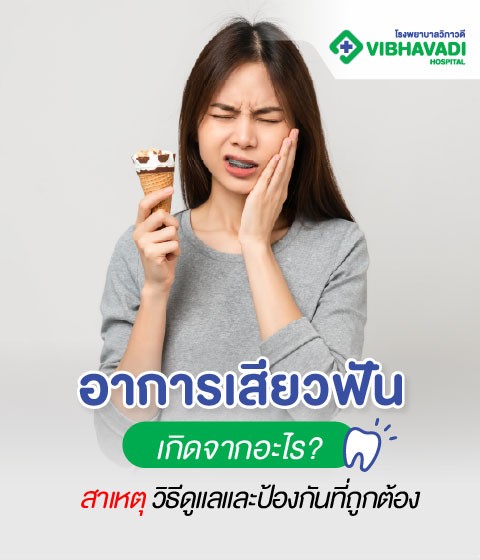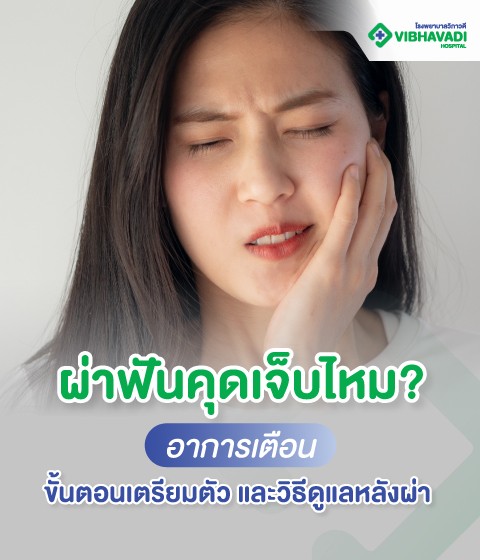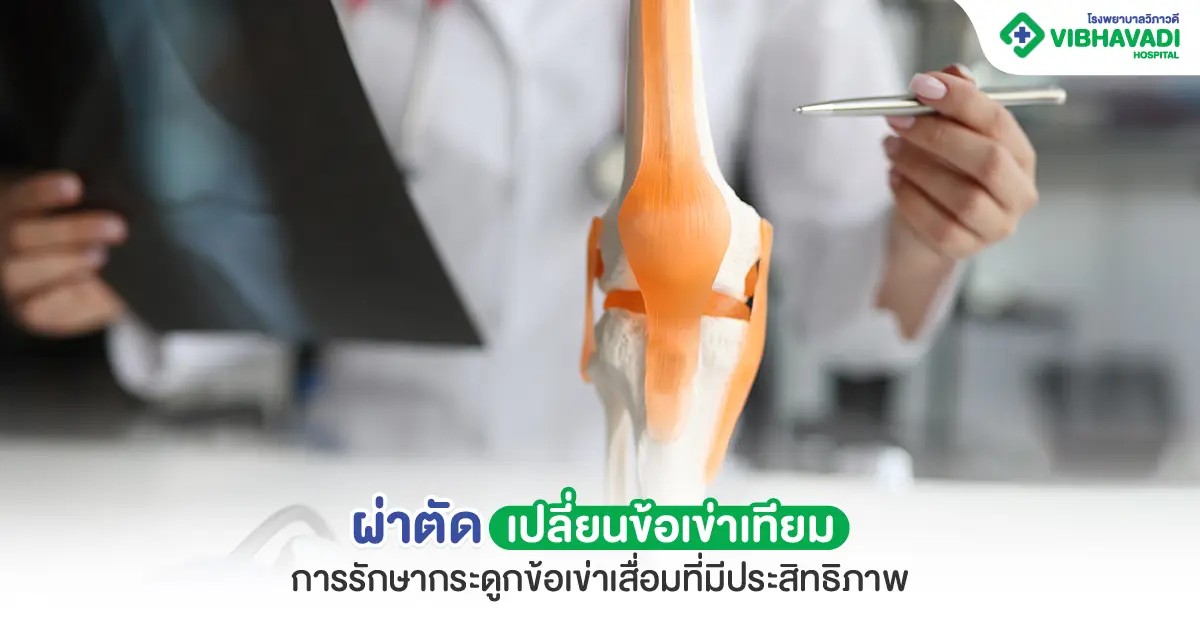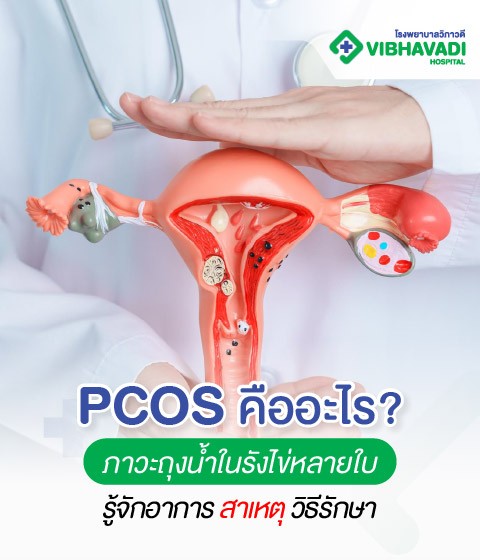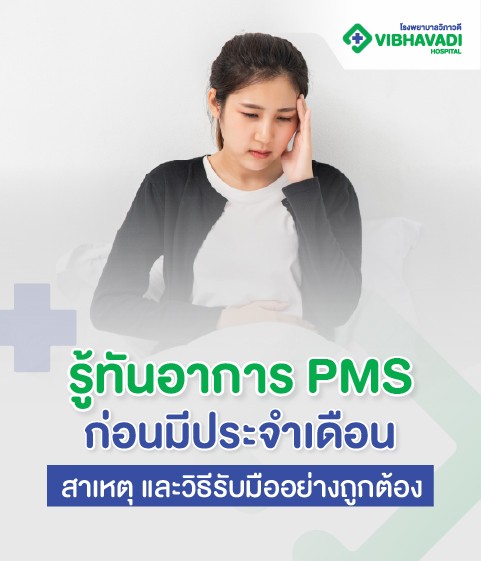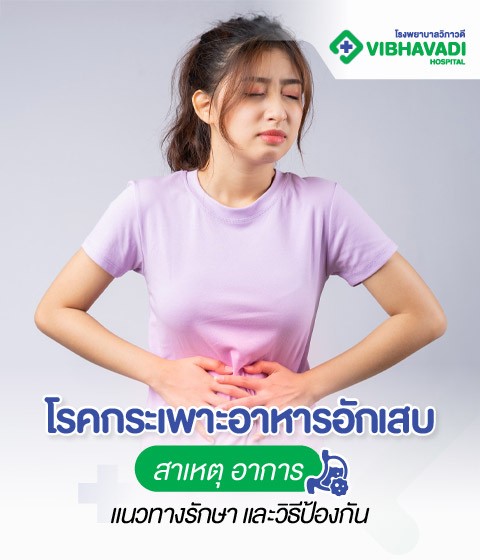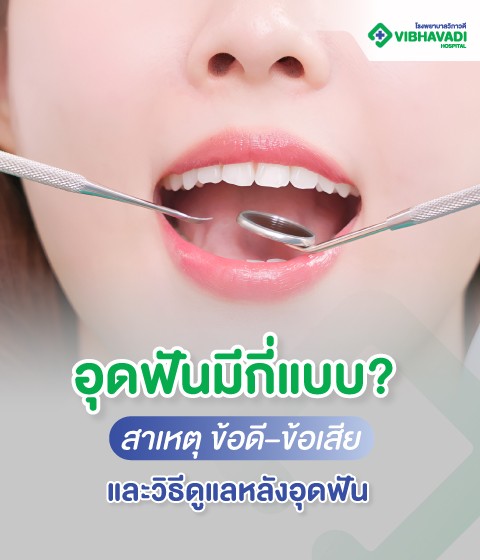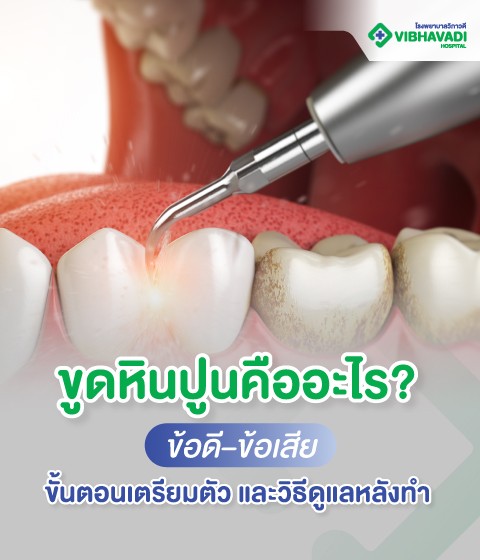Emergency Contraceptive Pills: Myths, Safety, and How to Use
Introduction
Emergency contraception, often referred to as the "morning-after pill", is a critical backup method used to prevent pregnancy after unprotected sex or contraceptive failure. Despite its availability, misunderstandings and myths about emergency contraceptive pills (ECPs) are widespread. At Vibhavadi Hospital, we aim to provide factual, medically-backed information to help patients make safe and informed decisions about reproductive health.
What Are Emergency Contraceptive Pills?
Emergency contraceptive pills (ECPs) are oral medications taken to prevent pregnancy after sexual intercourse. They are not intended for regular contraceptive use, but rather for urgent, occasional situations.
There are two main types of ECPs:
- Levonorgestrel-based pills (e.g., Plan B One-Step, Postinor) – most effective within 72 hours of intercourse.
- Ulipristal acetate (Ella) – can be effective for up to 120 hours (5 days) after unprotected sex.
Important: ECPs do not terminate existing pregnancies and are not abortion pills.
Common Myths and Misconceptions
Myth 1: Emergency pills cause abortion
Fact: ECPs do not terminate an established pregnancy. They work by delaying ovulation to prevent fertilization.
Myth 2: ECPs are dangerous or harmful
Fact: ECPs are safe for most women when used correctly. Side effects are generally mild and short-term.
Myth 3: You can take them anytime after sex
Fact: Timing matters. The sooner you take the pill, the more effective it is. Delays reduce its efficacy.
Myth 4: You can use ECPs as regular birth control
Fact: ECPs are less effective than regular birth control methods and should not be used routinely.
When Should You Use Emergency Contraceptive Pills?
You may consider taking an ECP if:
- You had unprotected sex.
- A condom broke or slipped.
- You missed two or more birth control pills.
- You were sexually assaulted without protection.
- You are unsure whether your contraception method was effective.
How Do Emergency Contraceptive Pills Work?
ECPs primarily work by:
- Delaying or inhibiting ovulation – preventing the release of an egg.
- Altering the cervical mucus – making it harder for sperm to reach the egg.
- Changing the uterine lining – reducing the chances of implantation (if ovulation has already occurred).
Note: ECPs are most effective before ovulation. If ovulation has already taken place, the pill may not be effective.
Effectiveness of Emergency Contraceptive Pills
| Type of Pill | Window of Effectiveness | Estimated Effectiveness |
|---|---|---|
| Levonorgestrel | Within 72 hours | 75–89% |
| Ulipristal Acetate | Up to 120 hours | Up to 98% |
Taking the pill as soon as possible after intercourse is key to maximizing effectiveness.
Possible Side Effects
Emergency contraceptive pills are generally safe but may cause temporary side effects, including:
- Nausea or vomiting
- Headache
- Dizziness
- Breast tenderness
- Fatigue
- Irregular bleeding or spotting
- Delay in next period (by up to 7 days)
If vomiting occurs within 2 hours of taking the pill, consult a doctor — you may need another dose.
Who Can Use Emergency Contraceptive Pills?
ECPs are suitable for:
- Women of reproductive age
- Women who are not already pregnant
- Women not taking conflicting medications (e.g., enzyme inducers)
Special consideration should be given to:
- Women with liver disease
- Those on medications that interact with hormonal contraception
Always consult a doctor or pharmacist if unsure.
Safe Use and Precautions
- Do not take more than one dose of ECPs per cycle unless advised.
- Do not use ECPs as a replacement for regular contraceptives.
- Use barrier methods like condoms until your next menstrual period.
- If your period is more than 7 days late, take a pregnancy test.
Services at Vibhavadi Hospital
At Vibhavadi Hospital, we offer:
1. Family Planning and Contraceptive Counseling
- Discuss options tailored to your lifestyle and health.
2. Emergency Contraceptive Access
- Safe, discreet access to ECPs with pharmacist and doctor support.
3. Gynecology and Reproductive Health Services
- Pelvic exams, Pap smears, STI screenings, and ongoing contraceptive care.
4. Confidential Medical Support
- Our care is always confidential, professional, and respectful of your privacy.
How to Make an Appointment
You can schedule a consultation through:
- Website: www.vibhavadi.com
- Phone: 0-2561-1111
- Walk-in: Visit the Women’s Health Clinic or Family Medicine Department
Insurance and Costs
- Emergency contraceptive pills are available at affordable prices.
- Most services are covered under:
- Private health insurance
- Out-of-pocket payment
- We offer transparent pricing and billing assistance for patients.
Tips to Prevent Unintended Pregnancy
- Use regular contraceptive methods such as birth control pills, IUDs, or condoms.
- Always have a backup method available in case of failure.
- Discuss long-term contraception with your healthcare provider.
- Stay informed about your menstrual cycle and fertile windows.
Frequently Asked Questions (FAQ)
Q1: Can I buy emergency pills without a prescription in Thailand?
A: Yes, levonorgestrel pills are available over the counter. However, medical consultation is recommended.
Q2: Can I take the morning-after pill multiple times a month?
A: It is not recommended due to potential hormonal disruption. Use regular contraceptive methods instead.
Q3: Will emergency pills affect my fertility long-term?
A: No. There is no evidence that ECPs harm future fertility.
Q4: What if I vomit after taking the pill?
A: If vomiting occurs within 2 hours, consult a doctor—you may need another dose.
Q5: How will I know if the pill worked?
A: If your next period is on time, it likely worked. If your period is more than 1 week late, take a pregnancy test.

